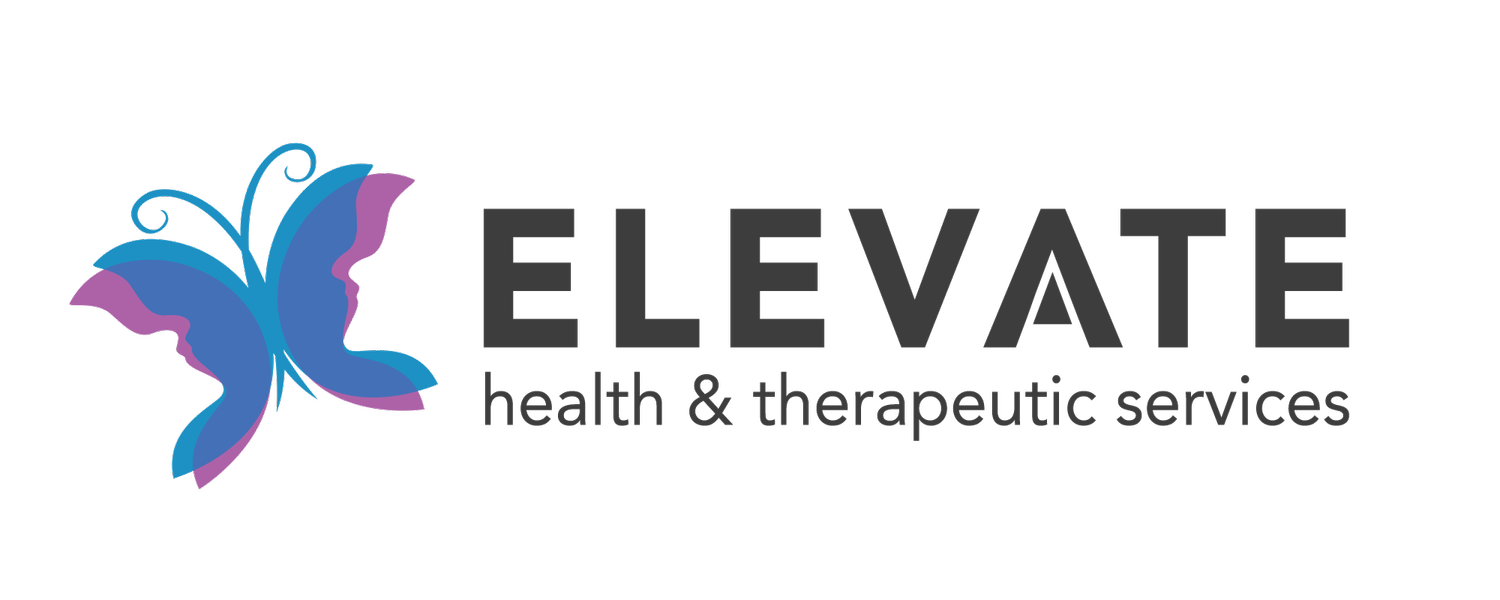What Is Audiology and Why Does It Matter?
Hearing is something many of us take for granted—until it becomes a challenge. Whether it’s struggling to follow a conversation in a noisy room or missing the sound of a loved one’s voice, hearing difficulties can significantly impact everyday life. That’s where audiology comes in.
Understanding Audiology
Audiology is the healthcare science dedicated to the diagnosis, treatment, and prevention of hearing and balance disorders. Audiologists are highly trained professionals who assess hearing ability, identify the type and degree of hearing loss, and recommend personalized solutions to improve auditory function.
Beyond hearing, audiology also encompasses conditions like tinnitus (the perception of ringing or buzzing in the ears) and vestibular disorders that affect balance. Audiologists often work closely with other healthcare providers to offer holistic care, particularly for individuals with complex health needs or age-related concerns.
Why Audiology Matters
Hearing plays a foundational role in how we interact with the world. When hearing is compromised, it can lead to a cascade of effects that go well beyond communication. Here’s why audiology is a vital part of overall health and wellness:
1. Cognitive Health
Research shows a strong link between untreated hearing loss and cognitive decline. A landmark study by Lin et al. (2011) found that older adults with hearing loss were more likely to develop dementia compared to those with normal hearing. Early identification and treatment can help protect brain health and support memory, attention, and reasoning.
2. Mental and Emotional Well-being
Hearing loss can lead to social isolation, frustration, and depression. People may begin avoiding conversations or social situations out of embarrassment or fatigue. Audiologists help restore connection by improving access to sound, which in turn supports emotional resilience and a more active lifestyle.
3. Safety and Balance
The ear is responsible not only for hearing but also for balance. Inner ear disorders can increase the risk of falls—especially in older adults. Audiologists conduct balance assessments and work in tandem with physical therapists or ENT specialists to reduce fall risks and maintain mobility.
4. Improved Quality of Life
With the right hearing solutions—such as modern hearing aids, cochlear implants, or assistive listening devices—people often regain confidence in their ability to engage, perform at work, and enjoy relationships. Audiology doesn’t just restore hearing; it restores participation in life.
When to See an Audiologist
If you notice any of the following signs, it may be time to consult with an audiologist:
Frequently asking others to repeat themselves
Difficulty hearing in noisy environments
Ringing, buzzing, or humming in the ears
Trouble understanding speech, especially on the phone or TV
A sense of imbalance or frequent dizziness
Routine hearing checks are especially important for adults over 50, children with speech or learning delays, and individuals exposed to loud environments.
Reference:
Lin, F. R., Metter, E. J., O’Brien, R. J., Resnick, S. M., Zonderman, A. B., & Ferrucci, L. (2011). Hearing loss and incident dementia. Archives of Neurology, 68(2), 214–220. https://doi.org/10.1001/archneurol.2010.362
